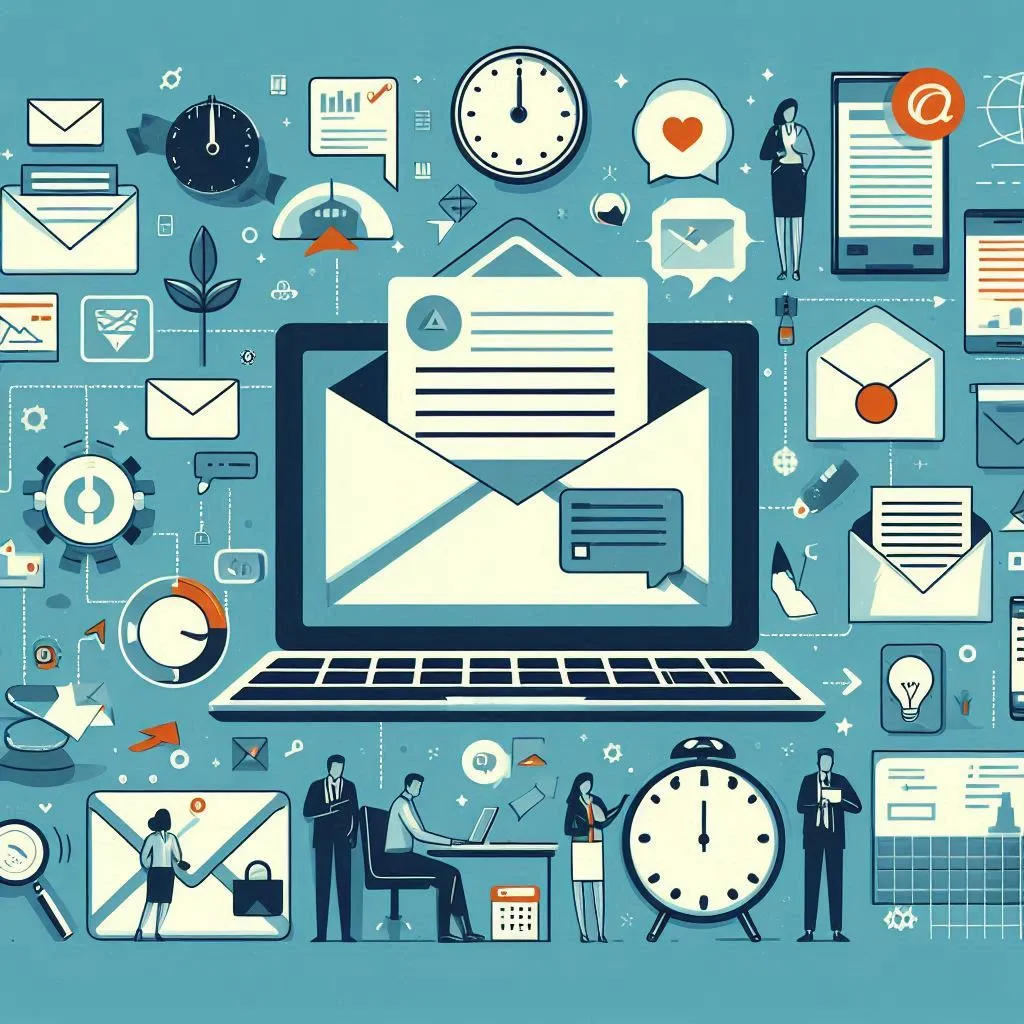Conquering Outlook: 9 Essential Tips for Efficient Email Management
June 19, 2024

Managing your email effectively is crucial in today’s fast-paced world. Whether you aim for Inbox Zero or have a more relaxed approach, it’s common to feel overwhelmed by the volume of emails. Our latest guide provides practical tips to help you streamline your Outlook email management and enhance productivity.
Optimize Your Search
Ensure all relevant locations, such as PST folders and archives, are included in your Outlook Desktop searches. The Outlook Web Application automatically includes all locations.
Refine Your Search Scope
In Outlook Desktop, you can specify the search location using the dropdown in the Search Bar. Utilize the Advanced Search features for more precise results.
Master Basic and Advanced Searches
Use the Search Bar for quick finds and remember that Outlook uses prefix matching. For comprehensive searches, employ Advanced Search and Operators like AND, OR, NOT, and quotation marks.
Basic Search to Find Quickly
Many times we know exactly what we’re looking for. We can use the Outlook Search Bar to quickly find messages, contacts, tasks, calendar entries, and email attachments. As you type, Outlook will provide you with suggested searches based on your search history and recent communications.
Note that Outlook uses “prefix matching” in finding results. So for example, if you search for the word “story” you will get results that include story or storyboard, but not history.
Use Advanced Search to narrow your search
Only 250 search results are returned in a basic search, so if you can’t find what you’re looking for, you’ll need to narrow your search criteria. That’s where Advanced Search comes in. You can combine any of these fields to get a more precise search result.
Use Operators to narrow your search
Instead of using the Advanced Search panel, you may decide instead to use Operators, which should always be typed in capital letter. Common Operators include AND, OR, NOT; quotation marks; and mathematical symbols such as < > =.
| How to search | The search result |
|---|---|
| Use quotes to find the exact term “annual report” |
Annual report, but not annual reports or annual reporting |
| Report AND annual | Annual report or report annual; order doesn’t matter. |
| Annual OR yearly | Any result with the terms annual or yearly |
| Any field with a colon at the end of it From:info@skratsch.com Subject:”Annual Report” Category:client |
Will search only that field for your search term |
| Dates or relative dates Received:today Received:12/12/22 |
For relative dates, you can use today, yesterday, this week, this month, etc. |
For more examples, you can look at Microsoft’s Outlook search reference table.
Sort and Filter Emails
Post-vacation email overload? Sort and filter emails to manage large volumes efficiently. Filter by Unread or Flagged Mail, and sort by sender to quickly process your inbox.
Using Email Filters
See what’s new by filtering for Unread Mail.
See what’s important by filtering for Flagged Mail.
Using Email Sorting
Instead of viewing your inbox by date, arrange your inbox by the email sender. That’ll allow you to quickly sift through large volumes of email quickly. You can then read, delete, or categorize emails quickly.
Leverage the Focused Inbox
The Focused Inbox separates essential emails from the rest. Train Outlook to categorize messages, ensuring you see only what matters most.
The key to using the Focused Inbox feature is to train Outlook as emails come in. By right-clicking on an incoming message or using the MOVE TO shortcut on the ribbon bar, you can specify how email from this recipient should be handled.
Utilize Ssearch folders
Create dynamic search folders for efficient categorization. Tag emails, and they’ll automatically populate the corresponding search folder.
To create a new search folder, click on Search Folders and enter your search criteria.
Microsoft 365 Services?
Not on Microsoft 365 yet? Our team can assist with selecting plans, setting up security, migrating data, and providing ongoing support.
If you want to explore your options, please reach out to our team by via email at support@skratsch.com or by calling 1.313.284.5656
Tags: business

Editor
Steve is a Software and Cloud Engineer, Content Creator, and Innovation Enthusiast. He is open to collaborating on projects that match his skills, which include .NET Framework/Core, C#, APIs, RESTful Services, SQL Databases, and Azure.